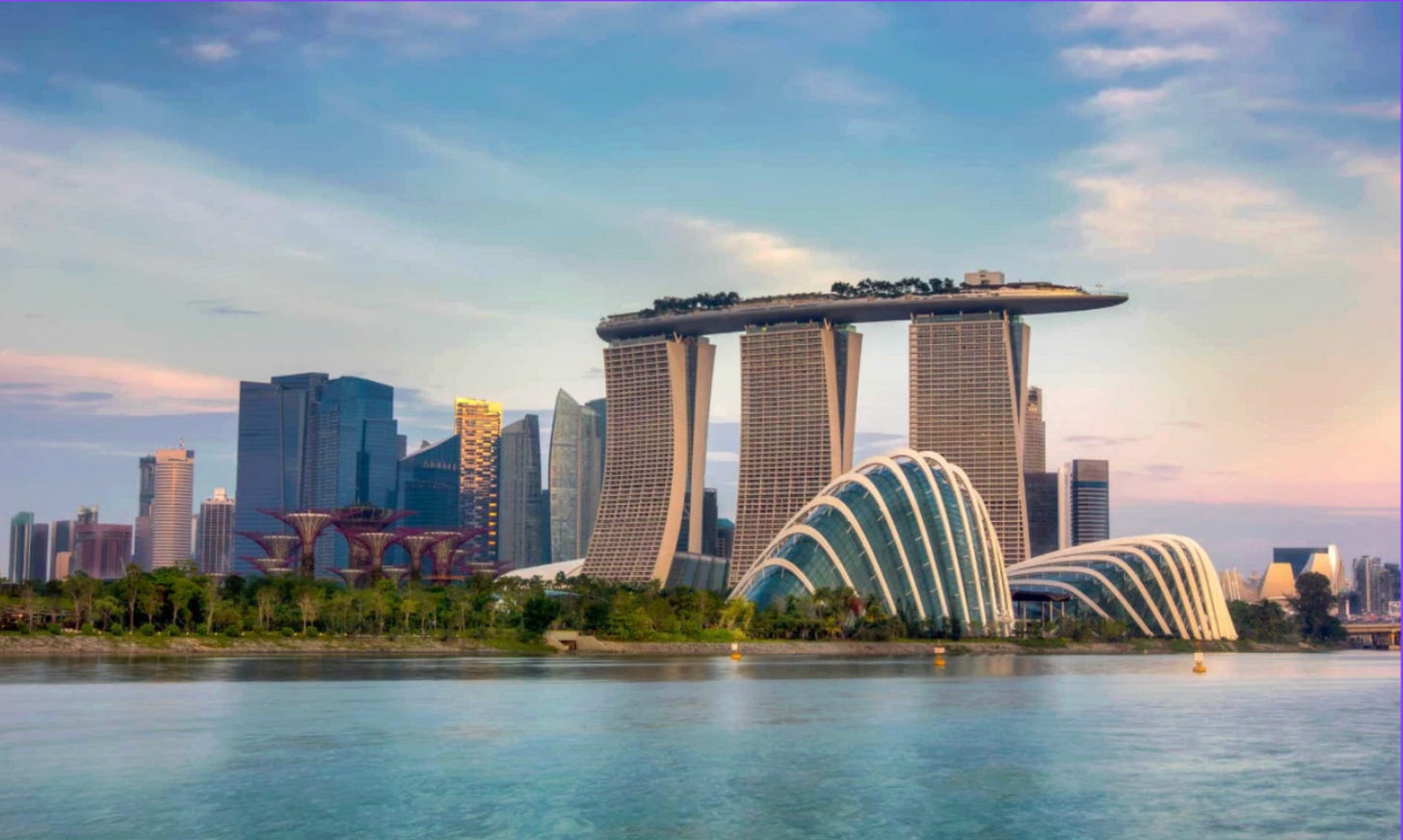Friday Edition: Singapore, The Performer
Governments That Work
Singapore is one of the most efficient governments on earth. The streets are clean, trains run on time, and the city rarely faces serious problems, protests, or corruption scandals. In less than sixty years, it turned from a small trading port into one of the world’s richest, safest, and most organized nations.
How Singapore’s Government Works
Singapore’s…



